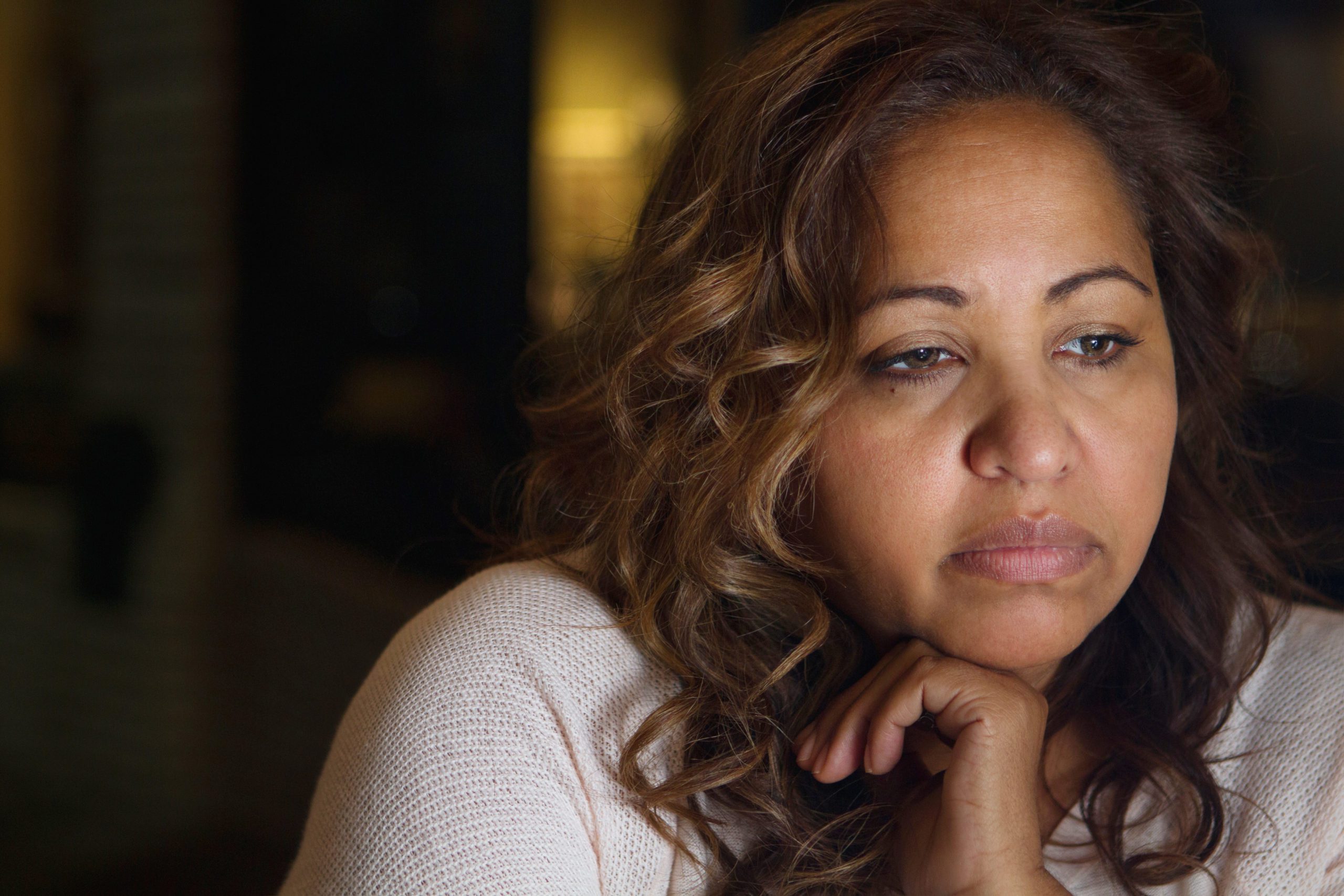Grief is something that all of us must face at some point in our lives. But where are the lines drawn? When does “normal mourning” for a lost loved one turn into depression and unhealthy behavior? Truthfully those lines aren’t always black and white, but a new article from The Cleveland Clinic does a nice job of identifying important warning signs.
The insightful piece does hone in on the devastation a person may feel after a close loved one has passed away. Death (or even a sudden job loss or injury) can lead to drastic changes to a person’s lifestyle. Cleveland Clinic director Amy Greene encourages people to open themselves up to these challenging situations and not rush through the pain.
“We live in a culture that wants to quickly move past grief, as though it were an obstacle,” she explained in the article. “We just want to be ‘over it.’ But the truth is, it’s normal for someone who is grieving to feel off-kilter for a very long time. Adjusting to the new reality takes time and does not follow a totally predictable pattern (in spite of what many people will tell you).”
Greene then points out how people should always assess their feelings and take note of patterns that start to become unhealthy. While the grieving described above is very normal, there are turning points which should not be ignored.
Consistent lack of sleep, for example, can be a sign that grief may be turning into depression. Unhealthy eating and drinking habits are another indicator called out in the article, particularly if they last more than three to four weeks.
A feeling of loneliness can also be a borderline symptom. On the one hand, yes it is very normal to want to grieve in private and withdraw from social circles after a major loss. But when that behavior begins to morph into complete isolation, it may be time to seek out help.
Becoming too sedentary is another warning sign to look out for (per the article). Greene recommends “moving your body” even during the grieving period. Going for walks (alone or with company), getting outdoors and staying active are a good methods to avoid depression.
One other big tool to avoid unhealthy grieving is simply setting aside time for a support group. As Greene accentuated, having camaraderie and listening to people in similar situations is a big part of the healing process.
“I’ve seen how much this can be a reprieve; grievers can see an example of others who have coped and are getting through the toughest parts,” Greene concluded. “It helps many people realize, ‘I’m not alone.’ They see that grief is a human thing we all share.”


